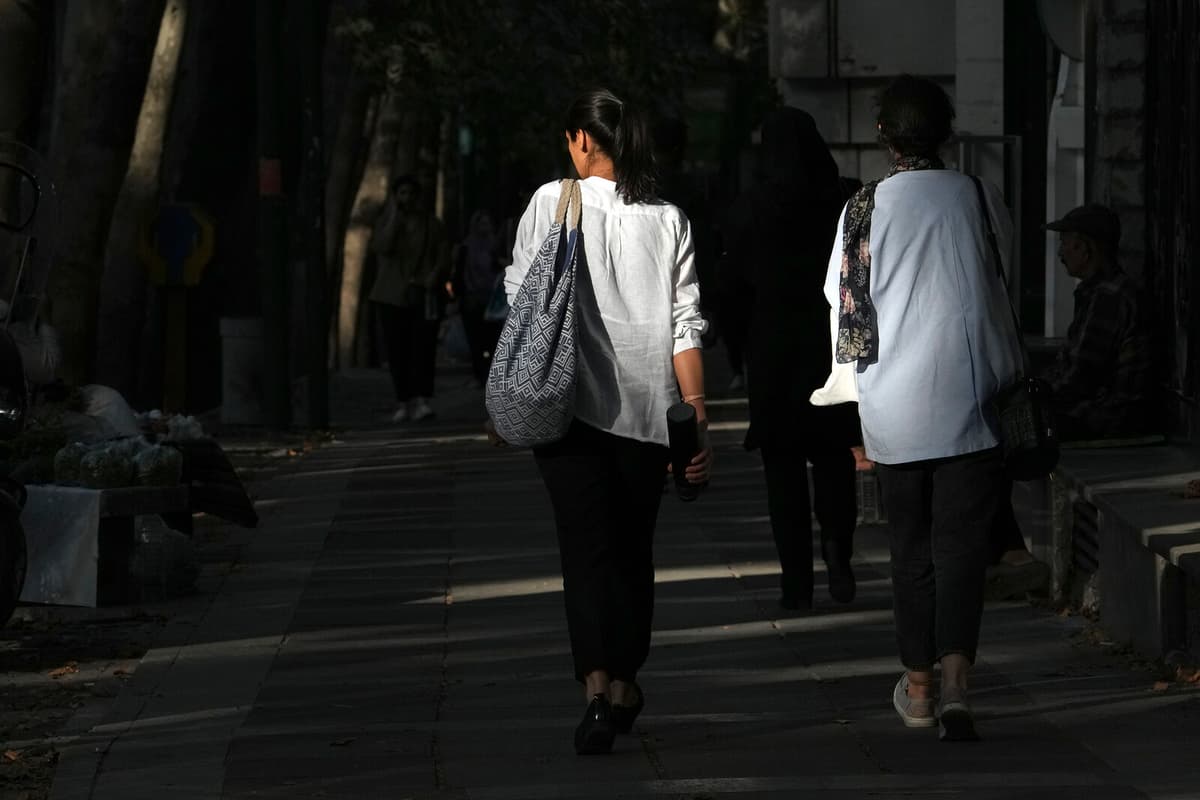More than a year later, the bill has still not been sent to the government for approval.
It was supposed to happen this week. But that's not going to happen, according to one of the country's vice presidents.
It's not possible to push through the bill right now, says Vice President Shahram Dabiri to the Iranian newspaper Ham-Mihan.
When the law is sent to President Masoud Pezeshkian, he has five days to sign it.
Stop Moral Police
Pezeshkian went to the election with promises to stop the moral police from harassing women. He doesn't have a veto, but he could try to convince the country's highest leader, Ayatollah Ali Khamenei, to stop the law – but Khamenei maintained earlier this year that women in the Islamic Republic must obey the dress codes.
The bill on "support for hijab culture and chastity" was approved by parliament for a trial period of three years.
Women who violate the dress codes "in collaboration with foreign or hostile governments, media, groups, or organizations" can be sentenced to five to ten years in prison according to the law. Those who are "half-naked in public places" can also be sentenced to long prison terms.
Disregarding
Since the mass protests in Iran in 2022, the country's women have increasingly disregarded the strict dress codes. The codes, among other things, require covered heads and modest clothing.
The demonstrations began after the death of 22-year-old Mahsa Zhina Amini in police custody on September 16, 2022. She had been taken away by Iran's hardline moral police for not wearing her hijab correctly. The death led to an enormous and rare protest wave across the country that lasted for several months. Hundreds were killed and tens of thousands were arrested.
When the current bill was approved in parliament, authorities and police intensified measures against women who do not follow the dress code. In April this year, the police announced tougher measures against women who refuse to wear the imposed hijab.






